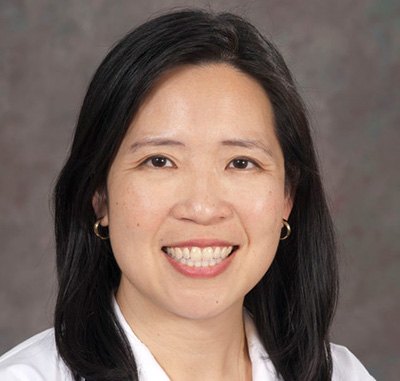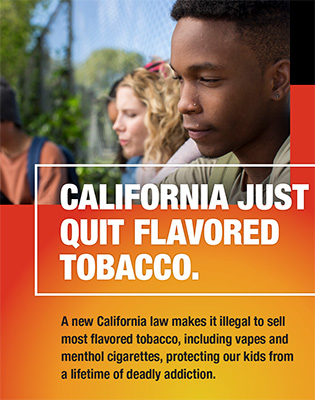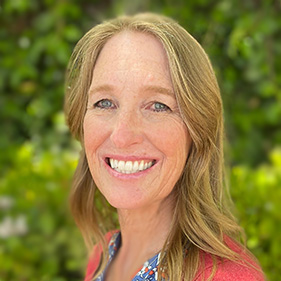The American Cancer Society's Great American Smokeout – a day set aside to challenge people who smoke to give up cigarettes for 24 hours – marks its 45th anniversary this year. By observing this single day, many tobacco users take their first step towards quitting with the help and support of others.

"This is a great time to quit for everyone, especially those that use menthol cigarettes or vape. California voters recently confirmed the state law to stop the sale of flavored tobacco products, which is anticipated to start on December 21. We can all support our patients, friends, and families by telling them about free resources to help stop for good," said professor of Internal Medicine Elisa Tong.
UC Davis Health has robust Quit Tobacco options to help patients and staff with group or individual counseling and referrals to the free Kick It California quit line.
Since 2017, UC Davis Comprehensive Cancer Center has offered a Stop Tobacco Program (SToP). Tong is medical director of the program, which supports cancer patients to stop tobacco as an important step to beat cancer. SToP has conducted proactive outreach and cessation medication management to cancer patients, many of whom come from outside UC Davis Health, in partnership with UC Davis Health Management and Education (HME).
Health Management and Education can see patients again and again as we understand that this is an addiction and not just a habit; it may take many times to stay quit. We are always here to help." -Judy Hoppezak, a health educator at Health Management and Education
"For patients with cancer, we talk about the benefits of quitting so that their treatments are more effective, so that they heal better, breathe better, and respond better to their medications. By quitting, they now have a more fully functioning immune system," explained Judy Hoppezak, a health educator at HME who has been at UC Davis Health for 11 years.

Hoppezak and other HME staff have received special training to improve skills in motivational interviewing techniques specifically for scenarios related to cancer patients, such as preparing patients for treatments such as chemotherapy and radiation. "With motivational interviewing, we do a lot of reflection, or rephrasing and repeating what the patient is saying so that they feel heard and understood," she explained.
While quitting tobacco is a huge challenge for individuals that may require several attempts, Hoppezak finds the work gratifying. "HME can see patients again and again as we understand that this is an addiction and not just a habit; it may take many times to quit for good. We are always here to help."







